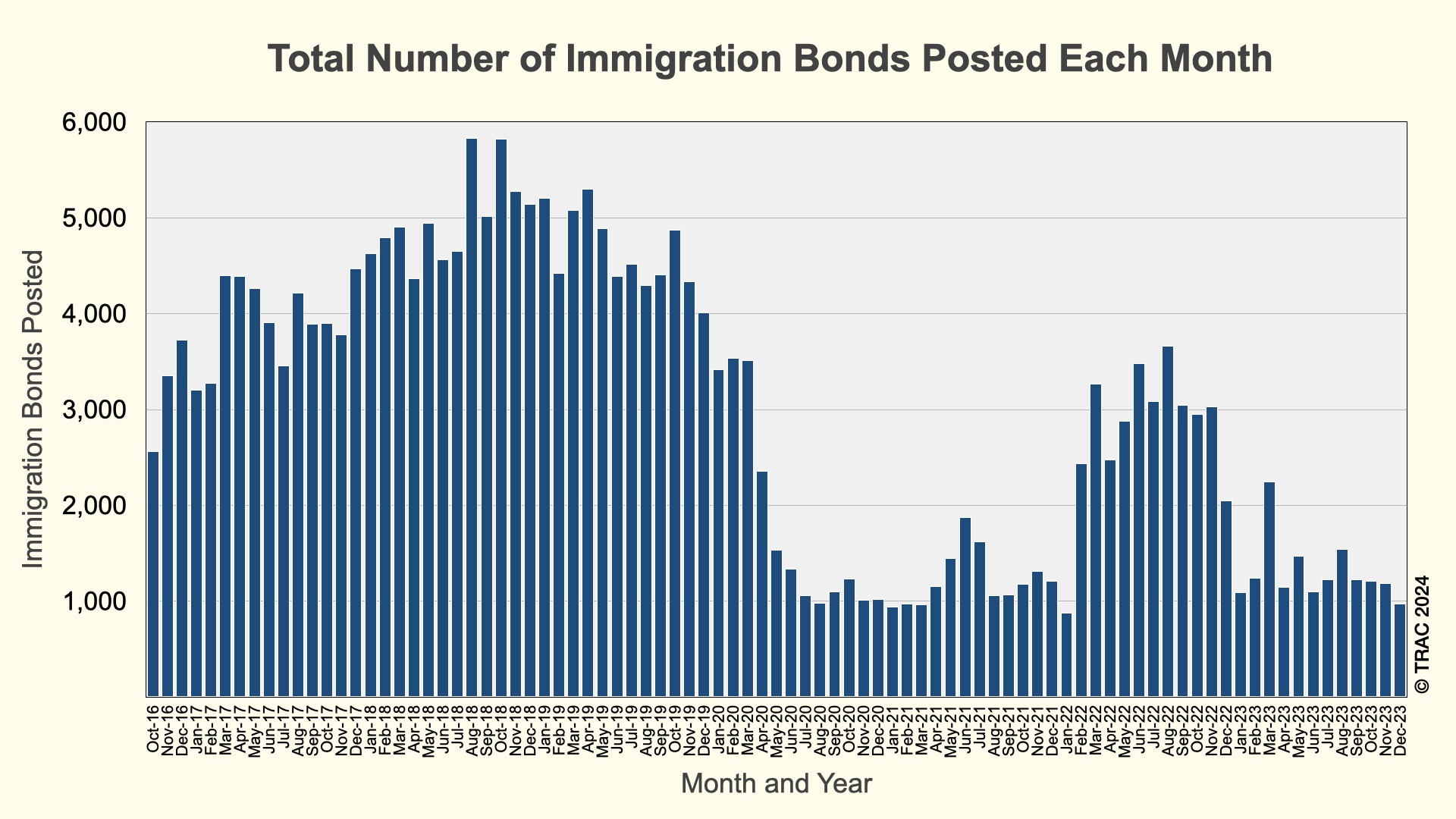How Much Does It Cost to Probate an Estate in Indiana?
When you consult with an estate planning attorney to create or update your estate plan, consider adding probate avoidance tools and strategies into your plan. While there are several important reasons to do what you can to allow your estate to avoid probate, the overall cost of formal probate should be enough of a reason to make probate avoidance one of your estate planning goals. To further elaborate, the Indianapolis attorneys at Frank & Kraft discuss how much it costs to probate an estate in Indiana.
What Is Probate?
Most people leave behind an estate when they die that consists of all assets, both tangible and intangible, owned by the decedent at the time of death. Probate is the legal process by which those assets are identified, secured, valued, and eventually distributed to the intended beneficiaries and/or legal heirs of the estate. After you pass away, creditors of your estate are entitled to notification that probate is underway and allowed to file claims against your estate during the probate process. In addition, if you left behind a Last Will and Testament, it will be authenticated during probate. If someone challenges the validity of your Will, that challenge will be litigated before the probate of your estate can resume. At the end of the probate process, assets remaining are distributed to named beneficiaries and/or legal heirs. As you may well imagine, the more complicated the probate of an estate is, the more costly it is to probate the estate.
Probate Costs in Indiana
Numerous factors will impact the overall cost of probating an estate in Indiana, such as the value and complexity of the estate assets, the skills and abilities of the Executor or Personal Representative (the person administering the estate), and the estate’s involvement, or lack of involvement, in litigation during probate. While each of these factors can increase or decrease the cost of probating an estate, there are some common costs associated with the probate of an estate in Indiana, including:
- Court fees. To initiate the probate process, a petition must be filed with the appropriate court located in the county where the decedent was a resident at the time of death. Filing that petition requires the payment of a filing fee. In Indiana, filing a petition for supervised or unsupervised administration requires a filing fee of $177. Additional filing fees will depend on how complex the probate becomes and whether the estate becomes involved in litigation.
- Executor/Personal Representative fees. If the decedent left behind a valid Will, the person named as the Executor in that Will oversees the probate of the estate. If the decedent died intestate (without a Will), someone must be appointed as the Personal Representative (PR) to oversee the administration of the estate. Both the Executor and a PR are entitled to a reasonable fee for their services. The complexity of the probate process, the value of the estate, and the skills of the Executor/PR will all contribute to the fee charged by an Executor/PR.
- Professional fees. An estate often incurs professional fees during the probate of an estate. If assets need to be appraised, for example, the estate will need to pay professional appraisal fees. Likewise, if the estate assets are valuable and/or complex, it may be necessary to hire a professional accountant which means the estate will incur accountant fees. Finally, most Executors retain the services of an estate planning attorney to assist them during probate, meaning the estate will incur legal fees.
- Maintenance costs. While probate is going on, probate assets must be secured and maintained. Those expenses may be relatively minor if the assets are things such as bank and investment accounts; however, they could add up if the assets involved are things such as real property or a business.
- Litigation fees. If a challenge to the validity of the Will is filed, or a creditor challenges a denial of a claim, the estate will become involved in litigation. The estate will incur the costs associated with litigating the Will contest or creditor claim.
Do You Need Assistance Probating an Estate in Indiana?
For more information, please join us for an upcoming FREE seminar. If you have questions about the cost to probate an estate in Indiana, contact the experienced Indianapolis estate planning attorneys at Frank & Kraft by calling (317) 684-1100 to schedule an appointment.
Paul Kraft is Co-Founder and the senior Principal of Frank & Kraft, one of the leading law firms in Indiana in the area of estate planning as well as business and tax planning.
Mr. Kraft assists clients primarily in the areas of estate planning and administration, Medicaid planning, federal and state taxation, real estate and corporate law, bringing the added perspective of an accounting background to his work.
Latest posts by Paul A. Kraft, Estate Planning Attorney (see all)






